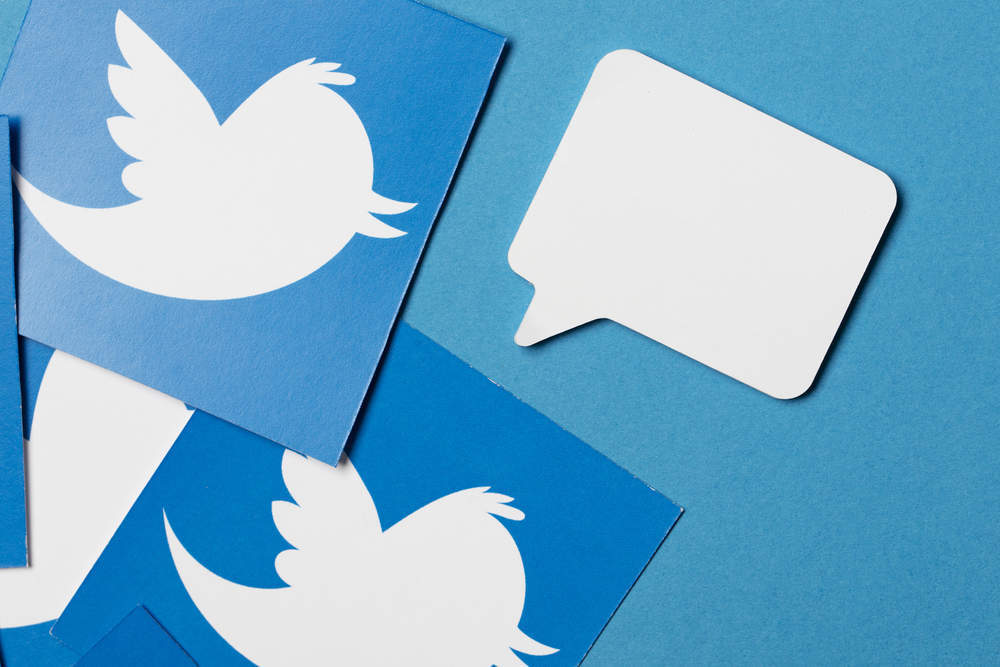
Twitter conceded it’s a news platform at a digital news summit in London last week, amid an on-going debate over whether social media platforms should be considered news publishers.
When asked how Twitter defines itself, Jerome Tomasini, content partnerships manager for sports and news at Twitter France, said:
We are the news platform, we are where you want to go when you want to know what’s happening.
Tomasini news platform definition differs from how the company refers to itself on its website, which is as a microblogging service.
Tomasini’s comments come as Twitter, Facebook, and Google face government scrutiny over whether they should be classified as publishers.
Being classified as publisher would mean the tech giants are legally responsible for any content they host on their platform.
How well do you really know your competitors?
Access the most comprehensive Company Profiles on the market, powered by GlobalData. Save hours of research. Gain competitive edge.

Thank you!
Your download email will arrive shortly
Not ready to buy yet? Download a free sample
We are confident about the unique quality of our Company Profiles. However, we want you to make the most beneficial decision for your business, so we offer a free sample that you can download by submitting the below form
By GlobalDataAs more people get their news via Google and Facebook, the UK government has said it will be “looking at the role Google and Facebook play in the news environment”.
A Downing Street spokesperson said:
As part of this work we will look carefully at the roles, responsibilities and the legal status of the major internet platforms.
Facebook is the main source of news for over 6m people in the UK, according to media analysts Enders Analysis.
Earlier this month, Dame Patricia Hodgson, chair of the media regulator Ofcom, told the Commons select committee for digital, culture, media and sport:
My personal view is that they are publishers.
However, Karen Bradley, the UK culture secretary, said the publisher definition may not be appropriate for technology companies. Bradley said:
I am not sure the publisher definition in UK law would necessarily work in the way that people would like it to work. I think it would end up being very restrictive and make the internet not work in the way we want it to work.
We need to be careful here that what we do is not a sledgehammer to crack a nut – a piece of legislation where we say under UK common law these platforms are now publishers, which could impact on freedom of speech, civil liberties and the ability of people to enjoy the benefits that the internet brings. But we have to do this in a way that doesn’t allow harm.
In June 2017 election manifesto, British prime minister Theresa May promised a digital charter “that balances freedom with protection for users, and offers opportunities alongside obligations for businesses and platforms”.
The manifesto said:
We will ensure there is a sustainable business model for high-quality media online, to create a level playing field for our media and creative industries.







